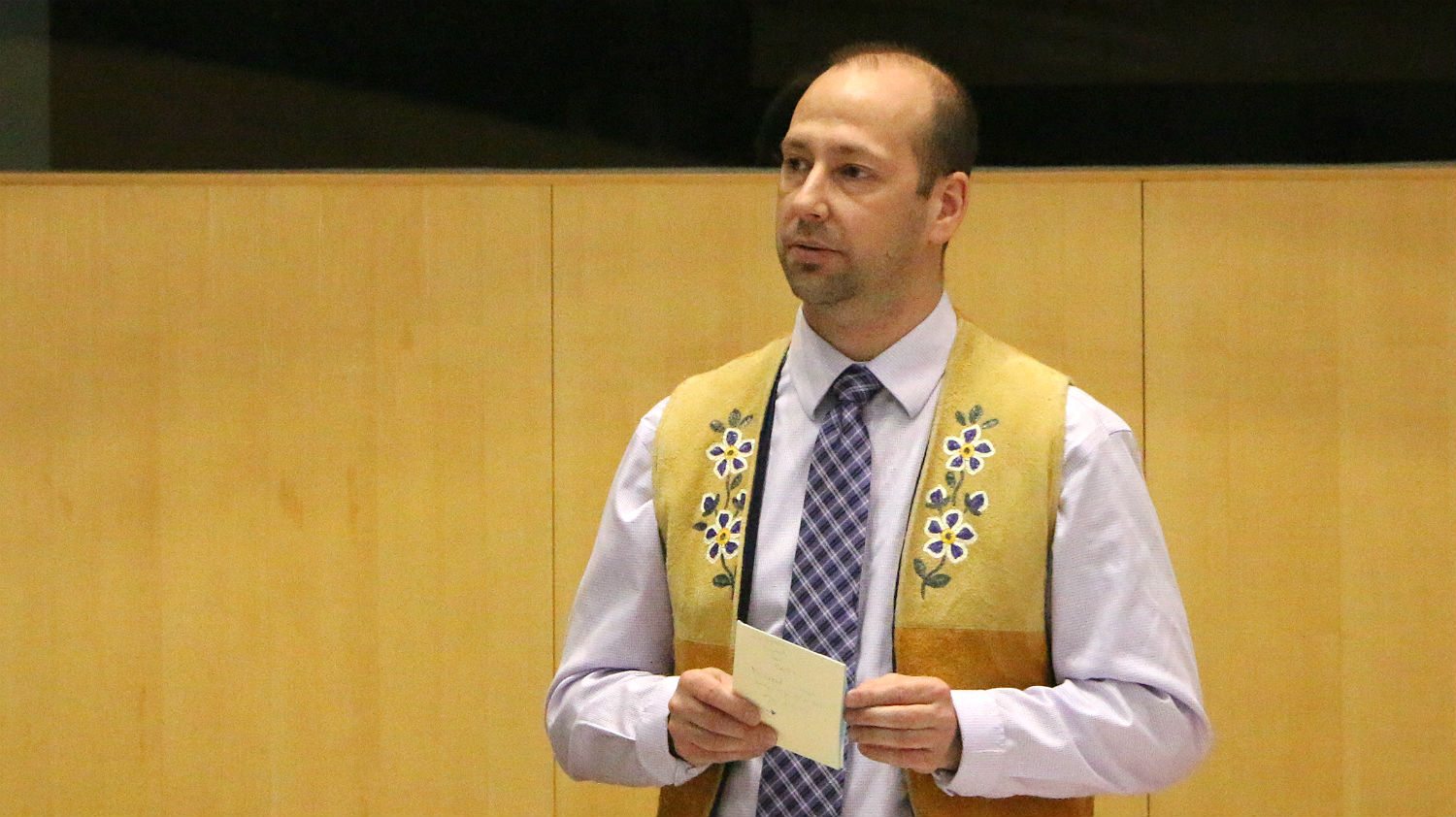New legislation could help first responders in N.W.T. access coverage for conditions common within their profession. Currently, the N.W.T. and Nunavut remain the only two jurisdictions in the country without “presumptive coverage” for health issues like PTSD for first responders.
At a public meeting yesterday at the legislative assembly, Susan Abernathy, vice president of the worker safety and compensation Commission, presented financial models examining the financial side of costs associated with liability coverage models for first responders.
The First Responder Workers’ Compensation Amendment Act, known as Bill 29, was proposed back in May by local firefighters including Christian Bittrolff, local 2890 president of the International Association of Fire Fighters, and MLAs Robert Hawkins and Kieron Testart. The Bill aims to make it easier for first responders to access health care services and workers’ compensation for common conditions in the line of duty including Post-Traumatic Stress Disorder, cancer and heart disease.
The meeting took place at the Legislative Assembly in the city of Yellowknife and was also livestreamed on the assembly’s website, on YouTube and social media.
First responders, the Honourable Vince McKay, Minister Responsible for the Workers’ Safety and Compensation Commission, Rick Hunt, President and CEO of the worker safety and compensation commission and MLAs were also in attendance.
Abernathy said that if the bill is passed it would carry a broad amount of liability coverage that the GNWT would have to bear the financial costs of, if the bill is passed.
MLA Robert Hawkins clarified that GNWT would be passing the funding to the worker safety and compensation Commission and Abernathy confirmed that.
Abernathy says the liability could tally up to $17 million along with an increase of up to $1 million per year.
Rick Hunt, President and CEO of the Commission, said he had concerns about two-year presumptive coverage, which he said would give first responders who have worked for over 2 years the same coverage as those who have worked much longer.
Back in May, Bittrolff explained that getting this legislation forward has been a long struggle for first responders.
“We’ve been working on it for 10 plus years and five years for the cancer updates.”
“It is no secret that repeated exposure to stressful and traumatic situations places first responders at an increased risk for post-traumatic stress disorder. In any given week, first responders are exposed to more traumatic, more violent situations than the general public experiences in a lifetime,” Bittrolff said.
Bittrolff also pointed out that for firefighters, cancer is the leading cause of duty-related fatalities. “A lot of exposure to heat, toxic smoke, and the byproducts of the fire put firefighters at risk for developing cancer,” he explained.
“There are over 265 known carcinogens in a typical residential structural fire,” said Bittrolff.
Even in the gear designed to protect firefighters on duty, toxic smoke, carcinogens are present.
“To top it off, under heat, through exertion and from the radiant heat of a fire, it actually increases our absorption rate of those chemicals, further putting us at risk for cancers,” explained Bittrolff.
Bittrolff has noted that the way things are now, it’s far from automatic that first responders have access to necessary health treatments for conditions their profession makes them high at risk for.
“I can speak to the fact that there is a process that needs to be overcome. And it’s during a time when the person’s already in crisis, and if you know enough about PTSD and everything else, it’s probably not the most organized time in your life to be having those kinds of struggles. Now you’re having to go through the bureaucratic process just to get the coverage, where if it’s presumptive,” explained Bittrolff.
The new legislation would cover treatments for all types of cancers, not just some.
“Rather than pick and choose which cancers we cover through this legislation, we’re just covering all cancer forms. You know we’ve had we’ve seen examples of that in this community of firefighters, unfortunately, who suffer from cancer and weren’t able to find that coverage,” said Testart.





